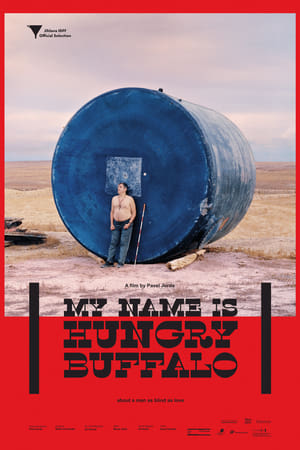
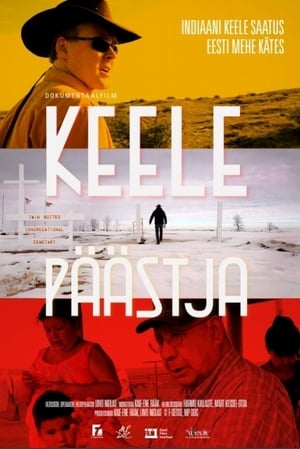
To Save a Language(2020)
Linguist Indrek Park has been working with Native American languages for over ten years. The film sees him recording the language of the Mandan tribe, who live in the prairies of North Dakota, on the banks of the Missouri River. The job involves a lot of responsibility, and he is running out of time – his language guide, the 84-year-old Edwin Benson, is the last native speaker of Mandan.
Movie: To Save a Language
Top 1 Billed Cast
Himself

Keelepäästja
HomePage
Overview
Linguist Indrek Park has been working with Native American languages for over ten years. The film sees him recording the language of the Mandan tribe, who live in the prairies of North Dakota, on the banks of the Missouri River. The job involves a lot of responsibility, and he is running out of time – his language guide, the 84-year-old Edwin Benson, is the last native speaker of Mandan.
Release Date
2020-11-20
Average
0
Rating:
0.0 startsTagline
Genres
Languages:
EnglishEestiKeywords
Similar Movies
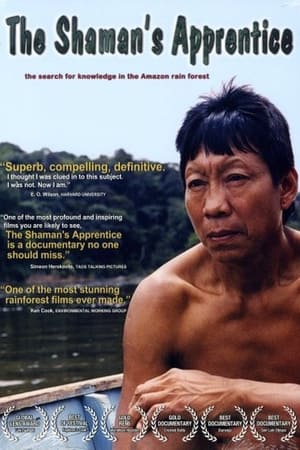 0.0
0.0The Shaman's Apprentice(en)
Scientist Mark Plotkin races against time to save the ancient healing knowledge of Indian tribes from extinction.
Marc Okrand on Klingon(en)
Marc Okrand discusses his involvement with the Star Trek franchise and his work on inventing the Klingon and Vulcan languages.
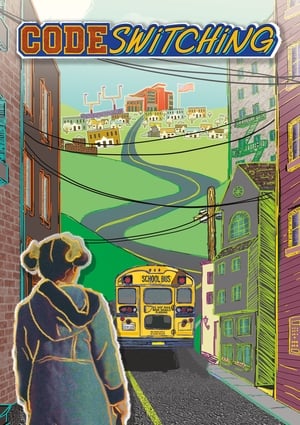 0.0
0.0CodeSwitching(en)
CodeSwitching is a mash-up of personal stories from three generations of African American students who participated in a landmark voluntary desegregation program. Shuttling between their inner-city Boston neighborhoods and predominantly white suburban schools in pursuit of a better education, they find themselves swapping elements of culture, language, and behavior to fit in with their suburban counterparts – Often acting or speaking differently based on their surroundings, called code-switching.
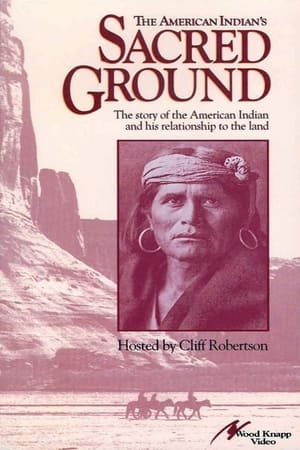 0.0
0.0The American Indian's Sacred Ground(en)
For generations the American Indians have drawn their legendary strength from their sacred ancestral lands. Academy-Award winner Cliff Robertson takes you on a remarkable trip to the spiritual places that hold the secrets of courageous warriors and the legacy of these proud people.
 5.0
5.0First Daughter and the Black Snake(en)
The “Prophecy of the 7th Fire” says a “black snake” will bring destruction to the earth. For Winona LaDuke, the “black snake” is oil trains and pipelines. When she learns that Canadian-owned Enbridge plans to route a new pipeline through her tribe’s 1855 Treaty land, she and her community spring into action to save the sacred wild rice lakes and preserve their traditional indigenous way of life. Launching an annual spiritual horse ride along the proposed pipeline route, speaking at community meetings and regulatory hearings. Winona testifies that the pipeline route follows one of historical and present-day trauma. The tribe participates in the pipeline permitting process, asserting their treaty rights to protect their natural resources. LaDuke joins with her tribe and others to demand that the pipelines’ impact on tribal people’s resources be considered in the permitting process.
 0.0
0.0At a Traffic Light(pt)
We all have a dream... Nelson's dream is to learn how to read. He works at a traffic light in Maputo selling car products to people who stop. Every week a teacher joins him and all the others like him to teach them. With the hope of learning, Nelson never misses a class. It is with the hope of better days that Nelson lives.
 7.7
7.7Rumble: The Indians Who Rocked the World(en)
Documentary about the role of Native Americans in popular music history, a little-known story built around the incredible lives and careers of the some of the greatest music legends.
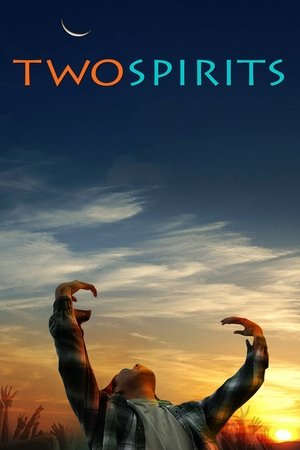 4.8
4.8Two Spirits(en)
Fred Martinez was a Navajo youth slain at the age of 16 by a man who bragged to his friends that he 'bug-smashed a fag'. But Fred was part of an honored Navajo tradition - the 'nadleeh', or 'two-spirit', who possesses a balance of masculine and feminine traits.
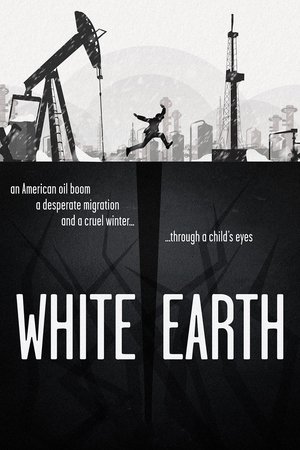 6.4
6.4White Earth(en)
An oil boom has drawn thousands to America’s Northern Plains in search of work. Against the backdrop of a cruel North Dakota winter, the stories of three children and an immigrant mother intertwine among themes of innocence, home, and the American Dream.
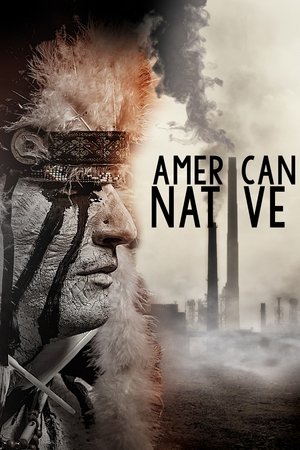 0.0
0.0American Native(en)
Thirty miles from Manhattan a group of mysterious mountain people fight for recognition as a legitimate Native American tribe from the Bureau of Indian Affairs. What begins as their journey travels the country as Native American’s fight for their rights at Standing Rock, Apache Junction and throughout the United States. Examining through expert interviews and unbridled access to the community, the film provides an in depth look at the complex past, volatile present and endangered future of the Ramapough Mountain Indians and what it truly means to be a “Native American”.
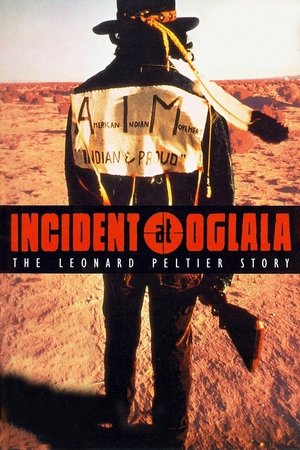 7.0
7.0Incident at Oglala(en)
On June 26, 1975, during a period of high tensions on the Pine Ridge reservation in South Dakota, two FBI agents were killed in a shootout with a group of Indians. Although several men were charged with killing the agents, only one, Leonard Peltier, was found guilty. This film describes the events surrounding the shootout and suggests that Peltier was unjustly convicted.
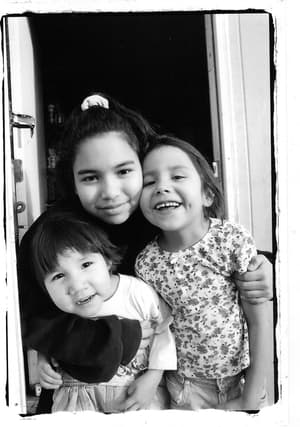 8.0
8.0Homeland(en)
Following four Lakota families over three years, Homeland explores what it takes for the Lakota community to build a better future in the face of tribal and government corruption, scarce housing, unemployment, and alcoholism. Intimate interviews with a spiritual leader, a grandmother, an artist, and a community activist from South Dakota’s Pine Ridge Indian Reservation reveal how each survives through family ties, cultural tradition, humor, and a palpable yearning for self-reliance and personal freedom.
LaDonna Harris: Indian 101(en)
A documentary film about Comanche activist LaDonna Harris, who led an extensive life of Native political and social activism, and is now passing on her traditional cultural and leadership values to a new generation of emerging Indigenous leaders.
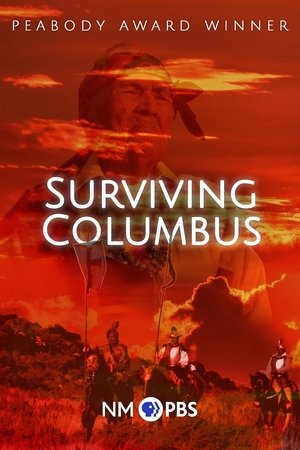 0.0
0.0Surviving Columbus(en)
This Peabody Award-winning documentary from New Mexico PBS looks at the European arrival in the Americas from the perspective of the Pueblo Peoples.
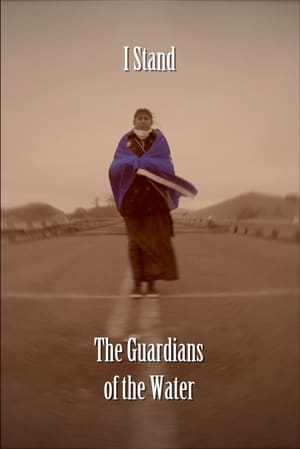 5.2
5.2I Stand: The Guardians of the Water(en)
First hand interviews and on the ground footage give a stirring account of The Standing Rock Sioux Nation's and water protectors' opposition to the Dakota Access Pipeline
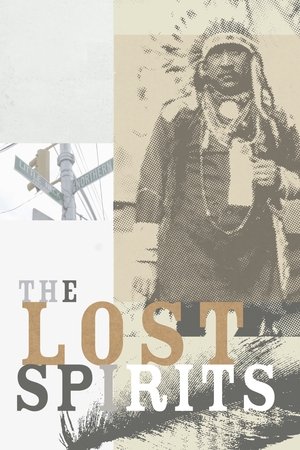 0.0
0.0The Lost Spirits(en)
The last surviving Native Americans on Long Island are the focus of The Lost Spirits. The film chronicles their struggles as an indigenous people to maintain their identity amidst relentless modernization and a heartless bureaucracy.
 0.0
0.0Warrior: The Life of Leonard Peltier(en)
An intimate exploration of the circumstances surrounding the incarceration of Native American activist Leonard Peltier, convicted of murder in 1977, with commentary from those involved, including Peltier himself.
Indian America: A Gift from the Past(en)
In 1970 a storm uncovers an ancient whaling village called Ozette which had been buried some 500 years ago by a massive mudslide. The resulting excavation brings new knowledge of the past important to both the Makah Indians, living on the Olympic Peninsula in Washington and for the historical record of Native Americans in the Pacific Northwest.
Villages in the Sky(en)
A portrait of the Hopi tribe who live in northeastern Arizona.
